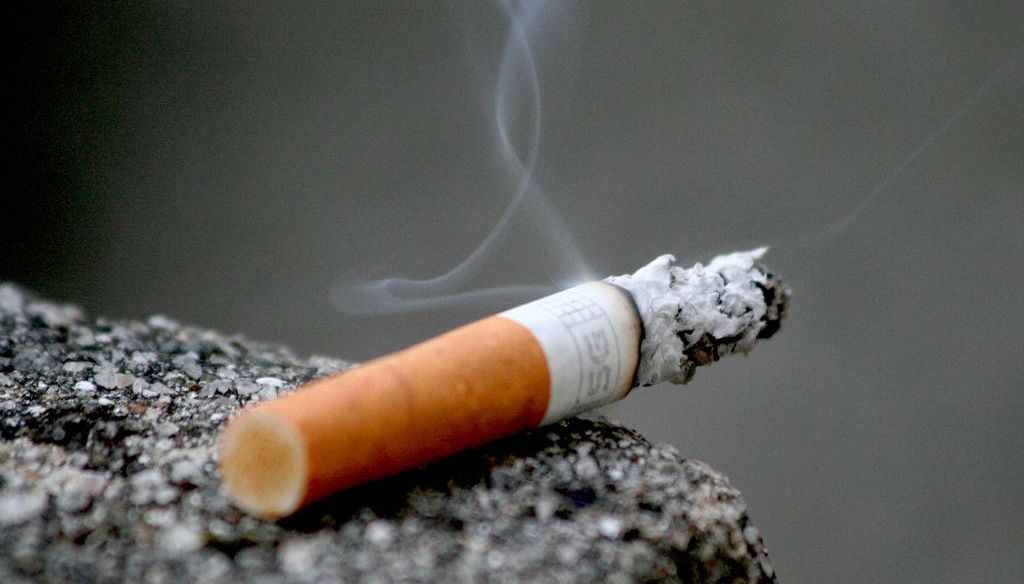With a lot of fun, delicious food, gifts, and festive spirit, Diwali also brings smog and air pollution in Delhi with it every year. The major reason is toxic smoke emitted from crackers. The air quality deteriorates to the “hazardous” level and with it follows the diseases and infections. With the high levels of pollutants in the air, it is time to follow some precautions and save yourself from falling ill.
This year, just a day after Diwali, Delhi’s overall air quality index stood at 506. The AQI at 4 am touched 999 in Delhi. (Data according to government’s air quality monitor)
If you are wondering what the safe AQI is, here is AQI Range and respective categories:
- Good : AQI between 0-50
- Satisfactory : AQI between 51-100
- Moderate : AQI between 101-200
- Poor : AQI between 201-300
- Very poor : AQI between 301-400, and
- Severe & Emergency : AQI between 401-500
This deteriorating air quality poses serious health risks to everyone. Here are a few tips you can follow to protect yourself and your family from air pollution in Delhi.
1. Avoid morning walks
Morning walks and doing exercise in the morning is one of the best ways to stay fit and healthy as one gets to breathe fresh air. However, with the air quality in Delhi and NCR hitting the “Severe & Emergency” level, it will only harm the body as your lungs and can cause a great deal of damage to your immunity. It is recommended to avoid cardio workout in the open as it may draw polluted air deeper into your lungs. Avoid going out for a walk on the roads. Also exercising near highly polluted areas, for example, areas with heavy traffic should be avoided. Instead, do workout inside your home. It will help you not feel sluggish in air pollution and stay healthy.
2. Always wear a mask before stepping out
Always remember to put on a mask before stepping out. However, roadside masks are equally dangerous. Choosing the right mask that can filter all the dust particles from the air you breathe in is very important.
Avoid surgical and comfort masks as they don’t allow proper respiratory protection. Masks N95, FFP3 and Masks N99 are considered good and are easily available in markets. So, make sure to wear anti-pollution mask to prevent inhaling toxic air, as it may lead to lung problems, severe cough, and other ailments.
3. Use indoor plants
Plants are known as nature’s own air purifiers. Indoor plants can help you in keeping your house clear of air pollution. Indoor plants such as Alovera, Bamboo Palm, Warneck Dracaena, Spider plants, Golden Pothos, Chinese evergreen (Aglaonema), among others are best in keeping air purified with the house. Also, most of these plants don’t require direct sunlight, regular water, and can easily grow up to 12 feet in the room temperature.

4. Increase intake of immune-boosting food
A good diet can protect you from the ill-effects of extreme air pollution by improving your immunity. For this, your diet needs to be rich in nutrients. Include anti-inflammatory food items, help detoxify, and improve immunity.
Remember to include of immune-boosting food items like gooseberries, red bell peppers, broccoli, ginger, honey, garlic, neem, green tea, flaxseed oil, vitamin C-rich fruits and vegetables, spinach, yogurt, almonds, turmeric, vitamin E-rich food, oatmeal, carrot juice, among others. You can also add jaggery, basil leaves, and honey to your morning cup of tea to boosts immunity and flush out the air pollutants from your system.
5. Stay hydrated
Pollution is not only harmful to our lungs and skin; it is harmful to our eyes too. Extreme pollution affects our eyes, causing allergies and damage. The most common eye conditions that one may experience due to air pollution includes, watery eyes, itching sensation, dry eyes, gritty feeling, burning sensation or discomfort, sore eyes, redness, swelling, feeling of foreign body in the eye/s, eyelid swelling, blurring of vision and increased risk of infection etc.
It is always recommended to stay hydrated as it will aid in adequate tear formation. Drinking eight to ten glasses of water in a day will be very helpful in fighting pollution. One can also increase the intake of vegetables and fruit juices. However, avoid excess coffee and tea. Keeping the body hydrated is the foremost thing in these times, and drinking more water is advisable.

6. Avoid bikes and auto-rickshaws
Prefer closed mode of transport over traveling in open vehicles such as two-wheelers and auto-rickshaws. You can opt for the metro, buses, and cars or adopt carpooling. Also, travel with the windows rolled up, and your air circulation system set to “recirculate,” rather than pulling in air from outside. It will not only keep you protected from overexposure but will limit fuel emission too. Since fuel emission is one of the biggest causes of air pollution, this one small step can be very helpful. Fewer cars on the road means reduced greenhouse gas emissions and improved air quality.

7. Keep your home ventilated and de-humidified
Dust mites and mold grow in moisture. Molds can cause illnesses like cold, cough and other fungal infections. It is recommended to keep your home well ventilated to avoid excess humidity and mold growth.
It also helps to ensure that your home gets fresh air. However, don’t keep the doors and windows open when it’s very cold and the pollen count is high. Afternoon time, 3-5 PM is the best time to ventilate your home as the PM 2.5 levels are lowest at this time of the day.
8. Avoid smoking indoors or quit smoking
Smoking is not only harmful to the smoker only. It adversely impacts others too. It is one of the main sources of indoor pollution. The best way is to quit smoking at all or avoid smoking inside the house. As indoor air is one of the primary sources of respiratory diseases, cigarette smoke and other irritants build up inside your home and cause allergies, asthma, and in some cases lung cancer to you and the rest of the family too.

9. Get an air purifier
Having air-purifiers at your home and office in the current toxic air is another solution to face the problem of air pollution. Investing in an air purifier is a must if you have children, elderly, pregnant women or asthma patients in your house. It is a better investment than a visit to the doctor.
10. Avoid going outdoors at night
The pollution level in Delhi varies depending on the traffic patterns and the neighborhood. But in general, the pollution level is at its highest when the temperature is low, i.e. at night. Because of inversion pollutants from cars and factories get trapped under a blanket of warm air. Yet, if it’s a must, then remember to use masks and closed transport.
11. Use of biodegradable tableware
According to a report in the Business Standard, the post-harvest custom of stubble burning in villages in Punjab and Haryana is contributing to 20-30% of Delhi’s air pollution.
The good news is that these agriculture wastes can be used as raw material for manufacturing biodegradable tableware. These eco-friendly disposable tableware are stronger than plastic tableware and unlike plastic, are backyard compostable.

Ecoware manufactures these sugarcane pulp products which are eco-friendly, biodegradable and, compostable.
Stubble burning has become a custom because there is no demand for this as a raw material. The farmers need a sustainable solution to replace their stubble-burning methods which could also be profitable for them. Thus by replacing plastic tableware with these eco-friendly disposables, we can kill two birds with one stone.
You can buy eco-friendly disposable tableware from www.ecoware.in.

Keep allergy kit ready with inhalers, nebulizers, and required medicines. Exposure to bad air quality may lead to initial symptoms like coughing, irritation in eyes and nose, sore throat, asthma or wheezing, and tiredness. But prolonged exposure may have serious consequences on health causing stroke, ischemic heart disease, chronic obstructive pulmonary disease (COPD) and even lung cancer. Consult to a doctor immediately if these symptoms persist.




